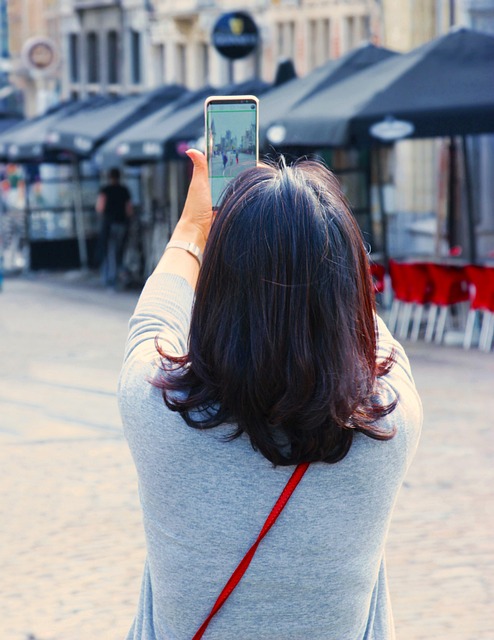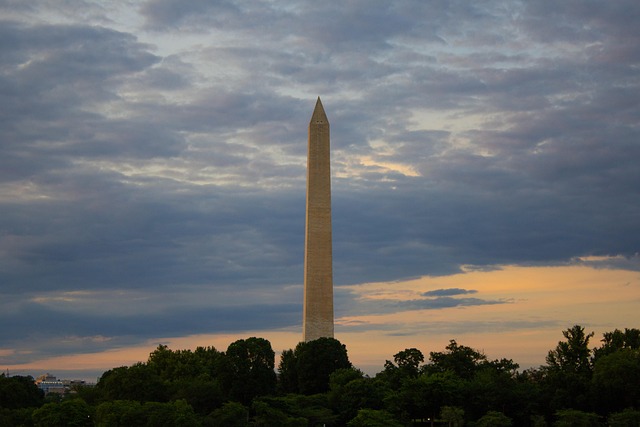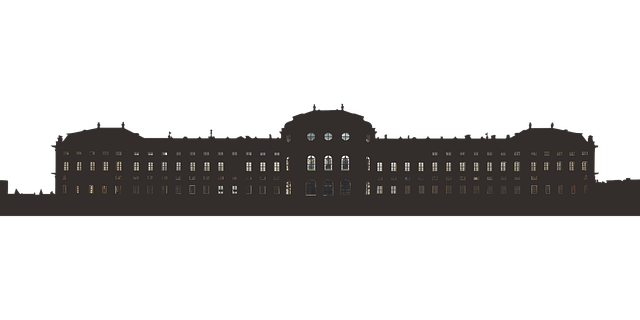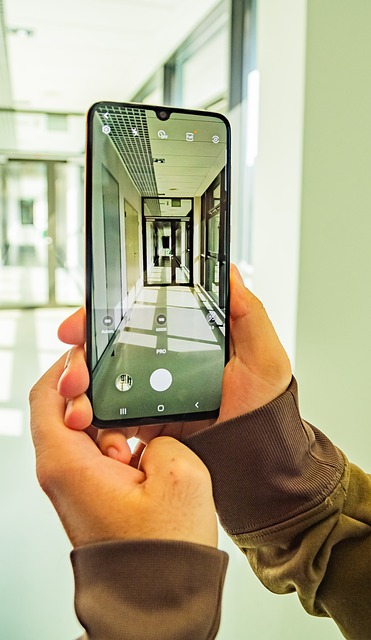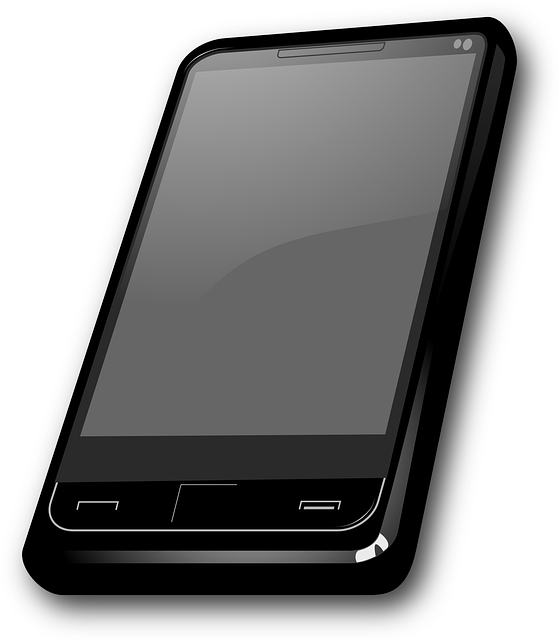In Washington D.C., strict No Call laws protect consumer privacy by restricting spam calls to registered opt-outs. Businesses must comply with these regulations, which can be navigated by specialized No Call Lawyers DC and No Call Attorneys DC. Adhering to best practices, such as obtaining explicit consent and providing immediate opt-out methods, is crucial for avoiding legal issues like fines and blacklisting. In the competitive dry cleaning market, understanding and adhering to these laws fosters positive customer relationships while protecting businesses from unwanted telemarketing accusations.
“In the competitive world of dry cleaning services, understanding and adhering to Washington, D.C.’s strict No Call laws is essential. This comprehensive guide aims to equip business owners with the knowledge they need to navigate telemarketing guidelines effectively. From ‘Understanding No Call Laws in DC’ to ‘Legal Implications’ and ‘Best Practices,’ we explore strategies to market your services while staying compliant. For expert advice, connect with top-rated No Call Lawyers and Spam Call Law Firms in DC to ensure your business remains on the right side of the law.”
Understanding No Call Laws in DC: A Comprehensive Guide for Dry Cleaning Businesses
In the District of Columbia, respecting consumer privacy is paramount, and this includes stringent No Call laws that protect residents from unwanted telemarketing calls, often referred to as spam calls. These regulations are designed to ensure that businesses operate ethically and with transparency, allowing consumers to make informed choices regarding their contact preferences. The No Call Law in DC prohibits commercial telephone solicitations to individuals who have registered on the Do Not Call list. Any violation can lead to significant legal repercussions for dry cleaning businesses operating in the area.
Dry cleaning companies must adhere to these rules, ensuring they obtain proper consent before calling potential customers. Engaging the services of a No Call Lawyer DC or No Call Attorney DC can help businesses navigate this complex landscape. Legal experts specialized in this field can provide guidance on how to comply with the Spam Call law firm DC while effectively promoting their services, thus avoiding any legal complications that may arise from accidental or intentional violations of the No Call Laws DC.
Best Practices for Telemarketing: Strategies to Avoid Violating DC's Spam Call Regulations
When engaging in telemarketing for dry cleaning services within the District of Columbia, adhering to strict best practices is essential to avoid potential legal pitfalls and violations of the state’s stringent spam call regulations. The No Call Laws DC are designed to protect residents from unwanted phone calls, including those promoting local businesses. To remain compliant, ensure that all marketing efforts comply with the Spam Call law firm DC and involve explicit consent from prospective clients. This means never calling numbers on the Do Not Call Registry and obtaining verbal confirmation before proceeding with any sales pitch.
Implementing strategies to confirm the recipient’s interest, such as asking open-ended questions or offering a free estimate, can help demonstrate a legitimate business relationship. Additionally, providing an easy and immediate opt-out method during the call is crucial. Respecting these guidelines not only fosters positive customer relationships but also protects your No Call Lawyer DC or No Call Attorney DC status, ensuring your firm remains in compliance with local laws governing telemarketing practices.
Legal Implications and Consequences of Ignoring No Call Rules in Washington, D.C.
In Washington, D.C., ignoring no-call rules can lead to significant legal implications and consequences. The District has stringent regulations regarding telemarketing practices, with strict penalties for violations, especially those involving unwanted spam calls. Consumers who receive unsolicited phone calls from dry cleaning services or any other businesses may have rights protected by the DC Consumer Protection Act, which includes provisions against harassing or deceptive telemarketing tactics. A no-call request is legally binding, and businesses found to be violating these laws can face substantial fines and damage their reputation.
No Call Lawyers and Attorneys in DC are well-versed in these regulations and can guide both businesses and consumers on how to navigate them effectively. Businesses should consult with legal experts specializing in spam call laws to ensure compliance, thereby avoiding costly lawsuits and potential blacklisting. Consumers who experience persistent calls despite expressing their desire not to be contacted may have grounds for legal action against the offending party.
How to Effectively Market Your Dry Cleaning Services While Staying Compliant with Local No Call Laws
When marketing your dry cleaning services in D.C., navigating the city’s strict No Call laws is essential to avoid legal repercussions. These laws protect residents from unwanted telemarketing calls, so adhering to them is crucial. The best approach is to obtain explicit consent from potential customers before calling them. This can be done through various methods such as opt-in forms on your website, sign-up sheets during in-person interactions, or dedicated email lists. By ensuring you have permission, you can confidently reach out without fear of violating any regulations.
To effectively market your services, consider personalized and targeted outreach. Instead of mass spam calls, focus on building relationships with local businesses and residents who might benefit from your dry cleaning services. Utilize local business directories and online platforms to list your services and allow customers to discover you organically. Additionally, offering incentives for referrals or loyalty programs can encourage word-of-mouth marketing, which is a powerful tool that respects the consumer’s privacy and avoids potential legal issues associated with No Call laws.
